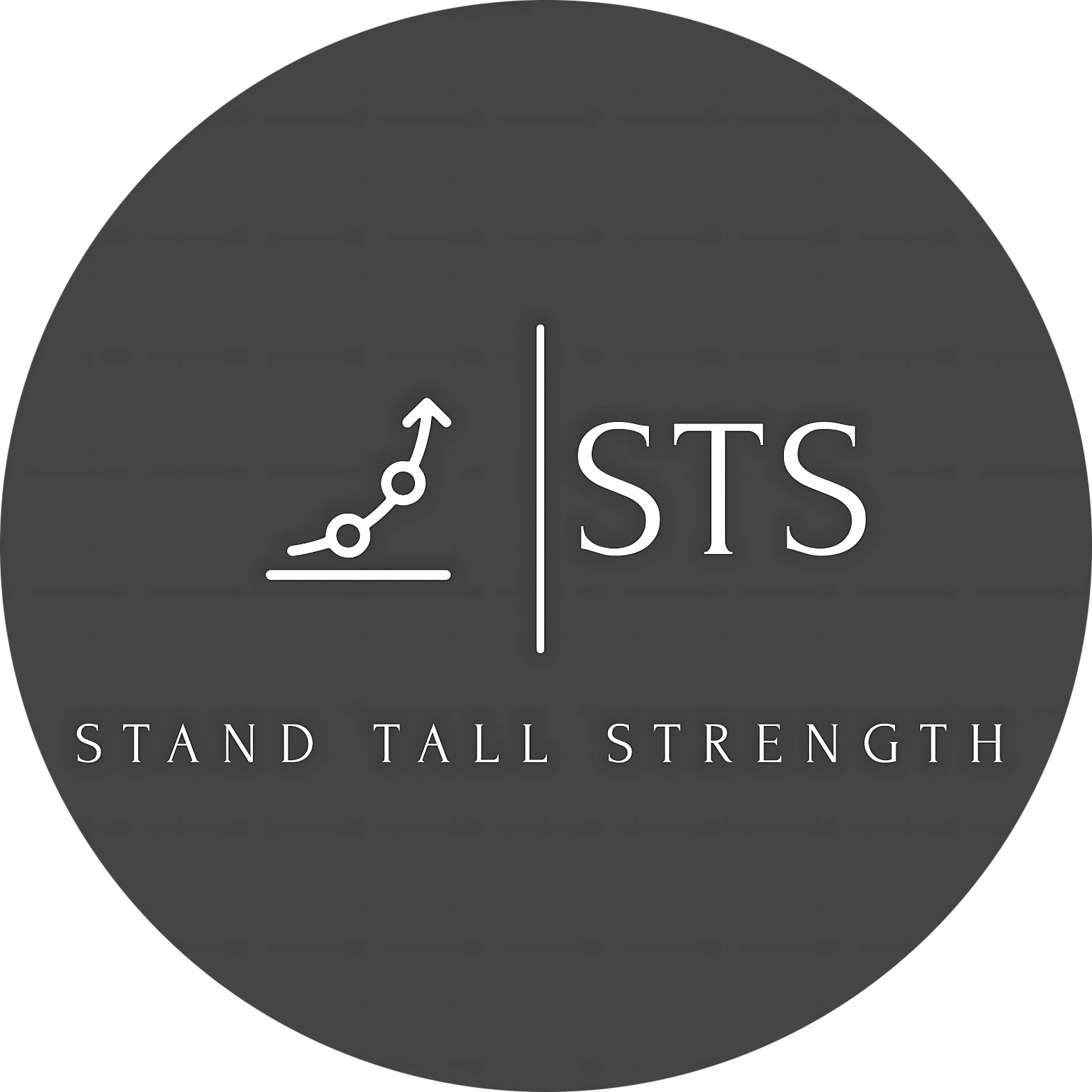Fats are used for energy and for developing every cell in the body. All cell membranes are fats and proteins. The brain and nerves are mainly fat.
Fats are also used as shock absorbers for the organs and the feet (heel pad) as well as thermal insulation.
More than double the energy comes from fat as compared to carbohydrates. Energy from stored carbohydrates (glycogen) would provide at most the energy for a 20 mile run, but the fat an average person has stored would supply enough energy for 800+ miles.
The aerobic system relies upon fat for fuel. The more energy the body extracts from fat, the more energy available, the less fat stored and blood sugar levels become more stable.
Fats are a crucial macronutrient in meals. They slow down the rate at which carbohydrates enter the bloodstream and therefore protect from sugar highs and the consequent sugar lows.
Fat deficiency in the diet leads to a textbooks worth of illness.
Fats trigger the gall bladder to release bile, which is required for digesting the fats necessary for absorbing Vitamins A, D, E and K.
Fat also supports the endocrine system. Having too little body fat can cause hormonal problems. One example of this is when female athletes stop menstruating because their body fat is too low.
How can you tell if a person has enough fat in their diet? Some of the early symptoms of fat deficiency include:
1) Dry Skin, Cracked Lips, Broken Corners of the nostrils or eyes.
2) Night blindness as a result of vitamin A deficiency.
3) Profuse sweating and cramps caused by a lack of Vitamin D.
4) Acne, Ulcers and Scarring with slow healing caused by a lack of Vitamin E.
5) Easy bruising as a result of Vitamin K deficiency.
6) Mental/Physical fatigue, Mood swings and headaches as a result of not eating enough fat for energy which then forces the body to use carbohydrates for energy. This can unsettle blood sugar levels.
7) Muscle soreness and stiffness. Due to lack of calcium entering the muscle cells. Caused by shortage of prostaglandins made from fats. Calcium is necessary to relax muscles.
The fats to eat most of are mono/polyunsaturated. Nuts, avocados, fish and olive oil.



